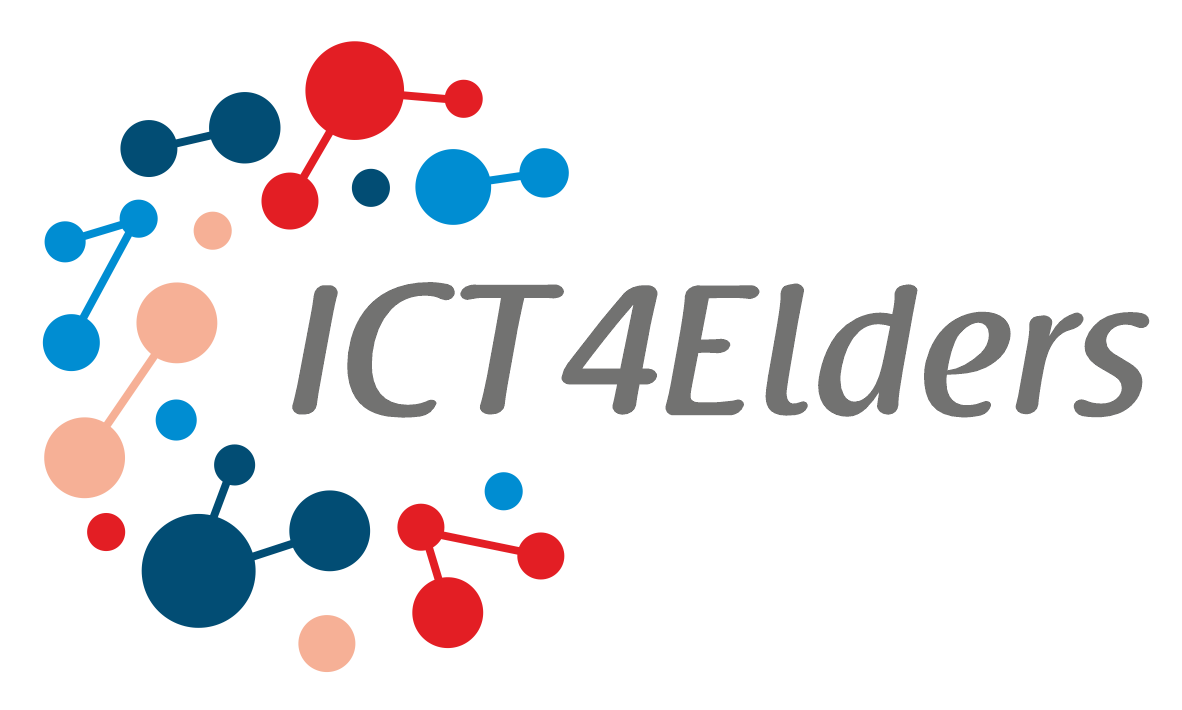The field of science, technology and innovation is one of the key elements and the use of ICT technologies leads to an increase in the quality of life of the whole society. However, we can still meet groups of people who are at risk of digital illiteracy, including also older adults. The notion that older adults are not able to use digital technologies is no longer true. Digital literacy of elderly is continuously growing, but they can still be at risk of social exclusion. The main reason for social exclusion is not only the unfamiliarity with technology and lack of (digital) skills, but also, for example, the content on the Internet, which is not intended for their age group.
The number of older adults, who own computers, smart phones or tablets and use the Internet is still growing. But the technological barrier is still the main reason why older adults don’t use digital technologies and the Internet. The main obstacle in improving their ICT skills is technology development, which is quite fast and they often have difficulties adapting to new environment and functions of software and applications. Also, they very often lack awareness with regard to the purposes for which they can use ICT technologies, for what reason or what activities they can use them for, so, they are not able to take advantage of what ICT technologies can offer.
Older adults most often use ICT technologies for communication, especially via e-mail or applications such as WhatsApp or Skype. Through these applications they can stay in touch with their families and close relatives, and thus, the popularity of these communication techniques are still growing. For many older adults digital technologies are very important and they are cannot imagine their lives without them, because they use them to stay in touch with their love ones, especially in times of the COVID-19 pandemic.
The use of ICT technologies, even just for communication, is connected with safety. Older adults are well aware that their online credentials (username and password) can be stolen, and thy treat with them confidentiality. On the other hand, for example, they are not able to configure or modify the firewall and security settings of their digital devices. Generally, we can say, that older adults have basic awareness about online safety but they are not able to apply this knowledge in practice, beyond comparing various sources and verifying the reliability of information.
More findings and conclusions from the analytical activities of ICT4Elders project will be summarized in Czech’s National report, which will be soon published on our website!
Author:
Simona Matějková, APSS ČR
